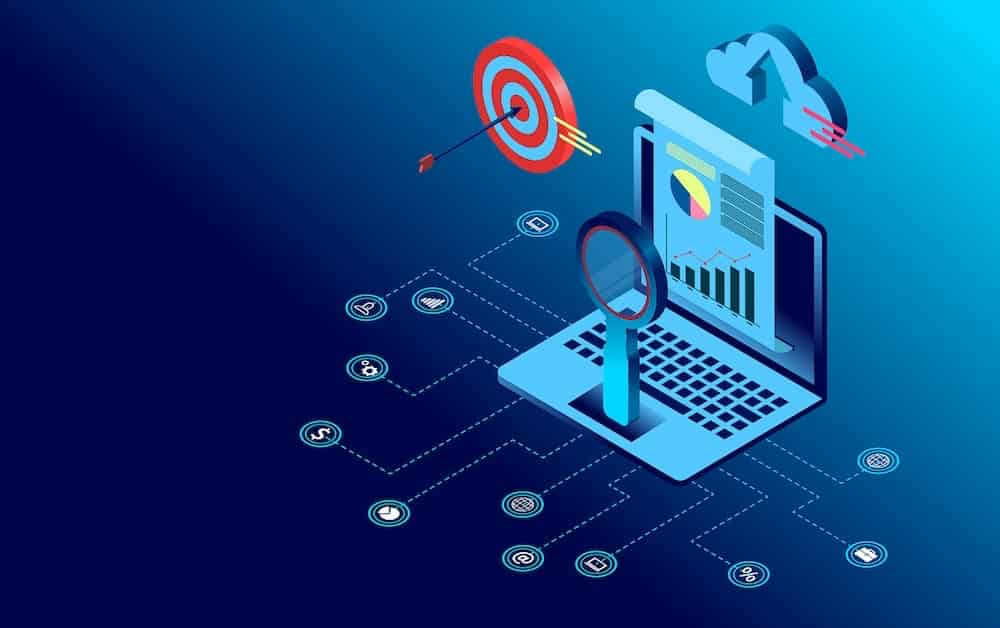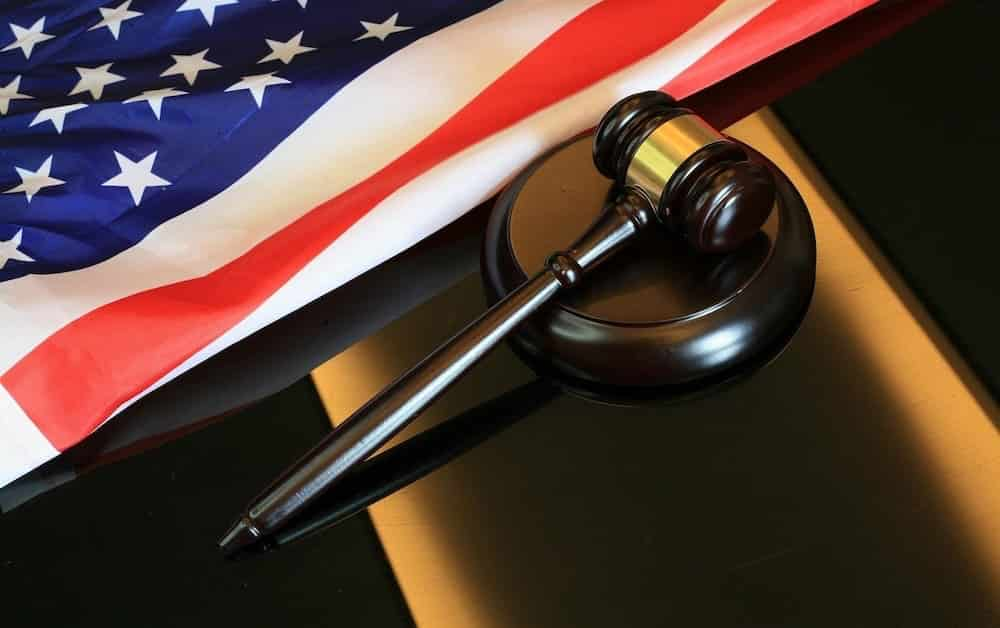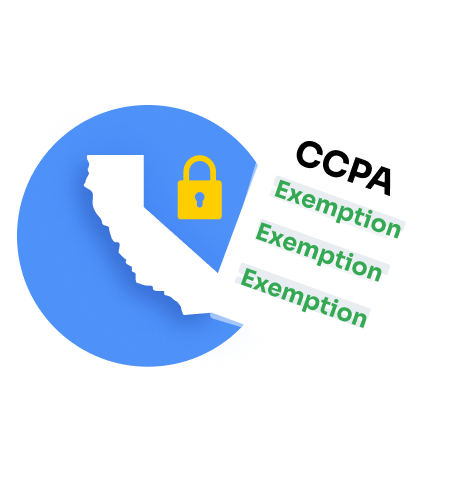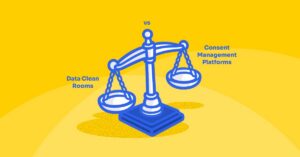Introduction
The California Consumer Privacy Act (CCPA) is a pioneering data privacy regulation that empowers California residents with significant control over their personal information. Designed to enhance transparency and accountability in data practices, the CCPA requires companies that collect personal information from California residents to disclose the type of consumer data collected, allow opt-outs from selling personal information, and delete data upon consumer requests. However, several exemptions to CCPA compliance exist to accommodate specific industries, data types, and legal obligations, balancing consumer privacy rights with business practicality.
Definition and Purpose of CCPA Exemptions
CCPA exemptions are legal provisions that detail when and where the CCPA does not apply or when it applies with specific conditions. Government agencies are exempt from CCPA requirements due to their need to fulfill official duties. These exemptions allow businesses to operate within a manageable regulatory framework when handling personal information for particular purposes, mitigating undue burdens where consumer privacy rights are already safeguarded by other federal or state regulations. CCPA exemptions were created to prevent overlap with other laws, such as the Fair Credit Reporting Act (FCRA) and Health Insurance Portability and Accountability Act (HIPAA), that already regulate consumer data.
Understanding these exemptions is critical for businesses that handle California residents’ data. Exemptions allow certain entities, like financial institutions, healthcare providers, and consumer reporting agencies, to maintain compliance without incurring the costs and complexities of redundant CCPA regulations. CCPA exemptions enable streamlined compliance strategies for these organizations, protecting consumer privacy in a balanced and practical manner.
Importance of Understanding CCPA Exemptions for Businesses
For businesses, understanding CCPA exemptions is more than a legal necessity—it’s a strategic advantage. Exemptions under the CCPA affect compliance strategies and operational costs, as certain types of data collected, processed, and stored are not subject to full CCPA compliance. For example, a healthcare provider that complies with HIPAA may not need to fulfill CCPA deletion requests for protected health information (PHI). Similarly, businesses conducting B2B transactions can leverage specific exemptions to avoid unnecessary regulatory compliance.
Without a thorough understanding of these exemptions, companies risk over-compliance, which can be costly, or under-compliance, which can lead to severe penalties. Violating CCPA can result in fines of up to $7,500 per intentional violation, along with reputational damage. By knowing which exemptions apply to them, businesses can adopt efficient data-handling practices, avoid fines, and maintain consumer trust.
Types of Exempt Data

1. Information Collected and Used Entirely Outside of California
The CCPA does not apply to personal information collected from individuals while they are outside California, provided the data is neither sold nor processed within California. This exemption is valuable for businesses with interstate or international operations, but it requires meticulous data management to ensure compliance. Companies must be able to verify the location of each consumer during the collection of personal information to qualify for this exemption.
Businesses can implement geolocation checks or other verification measures to prove compliance with this exemption. For instance, a company headquartered outside of California that serves California residents must ensure data collection processes are restricted to non-residents if they wish to benefit from this exemption. Properly applying this exemption can reduce compliance costs and regulatory burdens for businesses operating both within and outside California.
2. B2B Data Exemption
The B2B data exemption is another important area under the CCPA, particularly for companies involved in business-to-business transactions. Employee data is also subject to evolving legal requirements under the CCPA. This exemption applies to personal information collected from California residents solely for purposes related to due diligence, providing or receiving a product or service, or other business-related communications. However, this exemption is not absolute; it does not exempt data from all CCPA requirements, as certain rights, such as opt-out rights, still apply.
The B2B exemption simplifies compliance for companies engaged in inter-business dealings by focusing on consumer-to-business transactions. Businesses can benefit from this exemption as long as the data collected is used strictly for transactional purposes, reducing the regulatory burden on these companies and enabling them to manage personal information without the full range of CCPA obligations.
Industry-Specific Exemptions

3. Fair Credit Reporting Act (FCRA) Exemption
Under the Fair Credit Reporting Act, consumer reporting agencies are already regulated to ensure the accuracy, fairness, and privacy of information in consumer reports. The CCPA includes a specific exemption for information subject to the FCRA, acknowledging the existing legal framework that governs credit information. As a result, data handled by credit bureaus and other FCRA-compliant entities is exempt from most CCPA requirements.
This exemption is crucial for businesses and agencies that use personal data to assess creditworthiness, enabling them to continue FCRA-compliant practices without additional CCPA obligations. By excluding FCRA-regulated data, the CCPA avoids duplicating regulatory requirements, facilitating a balanced approach that protects consumers’ financial data.
4. HIPAA Exemption for Protected Health Information (PHI)
Protected Health Information (PHI) governed by HIPAA is exempt from the CCPA to avoid conflicting compliance requirements. The HIPAA exemption applies to data collected by covered entities such as hospitals, insurers, and their business associates. Since HIPAA enforces stringent privacy rules for health-related information, the CCPA defers to this framework, excluding PHI from its scope.
This exemption allows healthcare providers and related businesses to continue their HIPAA-compliant practices without worrying about CCPA compliance. It also reflects the CCPA’s objective to avoid unnecessary regulatory overlap, prioritizing consumer privacy while reducing duplicative obligations for healthcare entities that handle sensitive personal information.
Exemptions for Research and Other Purposes

5. Clinical Trials
Personal information collected as part of clinical trials, particularly for research that falls under the Federal Policy for the Protection of Human Subjects, is exempt from the CCPA. This exemption covers data collected for medical and clinical research, ensuring that privacy regulations do not impede valuable scientific investigations. The CCPA’s clinical trial exemption allows researchers to collect, analyze, and retain personal information in compliance with federal research standards rather than duplicative CCPA requirements.
By providing this exemption, the CCPA facilitates medical innovation and public health research while still maintaining privacy protections through other frameworks. This exemption also reassures participants in clinical trials that their sensitive data will be managed according to federal privacy guidelines, promoting trust in medical research.
6. Warranty and Recall Information
Personal information collected for product warranty or recall purposes is exempt from the CCPA if used solely for notifying consumers of repairs or safety-related information. This exemption covers data collected by manufacturers and distributors across various industries, including automotive, electronics, and consumer goods. Since warranty and recall information is essential for consumer safety, this exemption enables companies to fulfill their legal obligations without complying with full CCPA regulations.
The exemption ensures that companies can contact customers regarding safety issues or repair requirements without worrying about CCPA obligations. By focusing only on necessary contact information, the CCPA maintains consumer privacy protections while enabling businesses to meet safety standards effectively.
7. Employee Information
The CCPA exempts employee information that is collected and used solely within the context of the employer-employee relationship. This includes personal information such as employee names, addresses, phone numbers, and social security numbers.
However, this exemption only applies to employee information that is collected and used solely for employment purposes, such as payroll, benefits, and performance management. If employee information is used for other purposes, such as marketing or sales, it may be subject to the CCPA’s requirements.
To qualify for this exemption, employers must ensure that they are collecting and using employee information solely for employment purposes and that they are not sharing or selling employee information to third parties.
Implications of CCPA Exemptions for Businesses
Importance of Understanding CCPA Exemptions for Consumer Data Protection
For businesses, CCPA exemptions are instrumental in establishing a clear understanding of their obligations under California law. Exemptions allow companies to develop a compliance strategy that focuses on protected consumer data while avoiding unnecessary regulatory oversight. For example, businesses can identify exempt data types, streamline compliance, and implement data protection measures for non-exempt data under CCPA.
Exemptions enable companies to minimize their regulatory risks while focusing on securing sensitive data effectively. By understanding and correctly applying these exemptions, companies can protect consumers’ privacy, address potential compliance gaps, and ensure their data practices are legally sound and effective.
Consequences of Non-Compliance with the California Consumer Privacy Act
Non-compliance with the CCPA can have serious financial, legal, and reputational consequences. Companies that fail to meet CCPA requirements, including those that sell personal information without proper consent, may incur substantial fines, including up to $7,500 for each intentional violation and $2,500 for each unintentional one. Additionally, non-compliant businesses may face civil lawsuits from California residents whose data privacy rights have been violated, further increasing legal costs.
The reputational impact of CCPA violations is another significant concern for companies. Losing customer trust can be detrimental to a brand’s long-term success, leading to reduced loyalty, lower revenue, and a tarnished public image. By understanding and adhering to CCPA requirements, businesses can avoid these consequences and uphold their reputations.
Strategies for Ensuring CCPA Compliance

Developing a CCPA Compliance Plan
To comply with the CCPA, businesses should develop a comprehensive compliance plan that includes an audit of data collection, storage, and sharing practices. Companies should identify the personal information they collect, determine whether any exemptions apply, and implement necessary data protection measures. An effective CCPA compliance plan addresses all relevant regulatory obligations and minimizes potential exposure to penalties.
A well-developed compliance plan ensures that companies meet their CCPA obligations without incurring excessive costs. Additionally, businesses that implement a clear strategy for data management can streamline compliance efforts, reduce potential violations, and build consumer trust in their privacy practices.
Implementing Policies and Procedures for CCPA Compliance
Establishing policies and procedures aligned with the CCPA is essential for effective compliance. This may include appointing a data privacy officer, training employees on data protection requirements, and creating procedures for handling consumer data requests. Companies must also develop a data retention policy that aligns with CCPA standards, ensuring that data is deleted or anonymized as required.
By implementing these policies and procedures, companies can create a culture of compliance that safeguards consumer privacy while minimizing legal risks. These practices also ensure that businesses handle personal information responsibly, promoting trust and confidence in their data-handling practices.
Conclusion
The CCPA includes several exemptions that help businesses navigate complex privacy regulations while fulfilling their compliance obligations. By understanding and applying these exemptions, companies can reduce compliance costs, improve operational efficiency, and focus on protecting consumer data effectively. Key exemptions—such as those for FCRA-regulated data, PHI, B2B communications, and clinical trials—allow businesses to operate under other applicable privacy frameworks without redundant oversight.
Compliance with the CCPA is essential for businesses that handle California residents’ personal information. By adopting a strategic approach to CCPA exemptions, companies can manage data practices efficiently while protecting consumer rights. Proper application of exemptions and robust compliance policies ensures that businesses maintain consumer trust, reduce regulatory risks, and foster long-term success in a privacy-conscious market.




